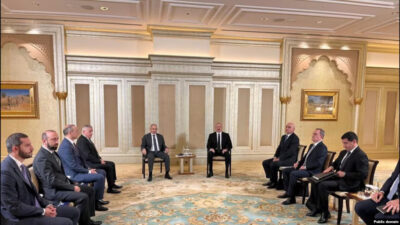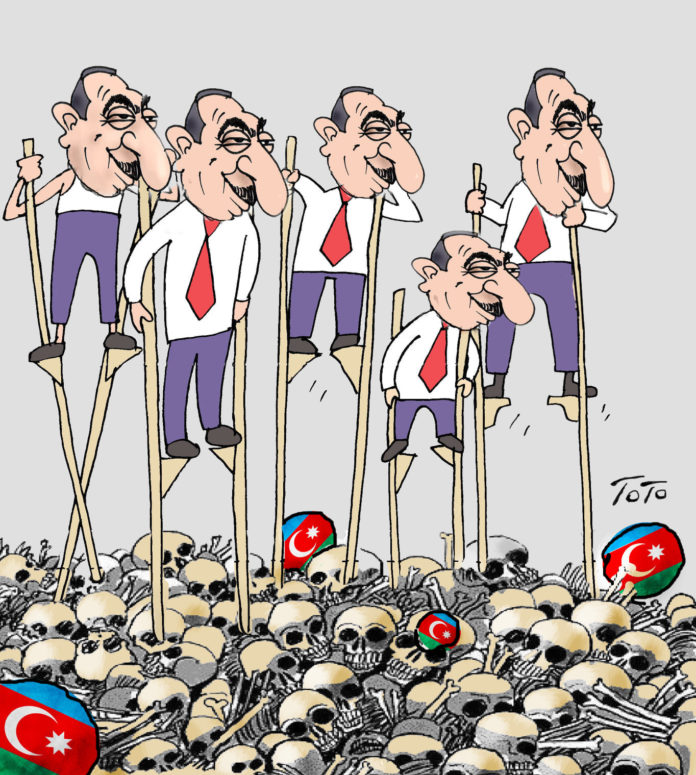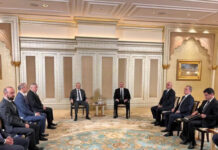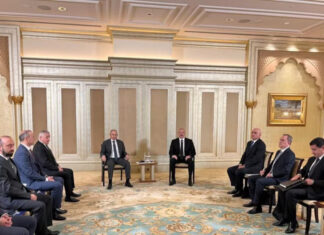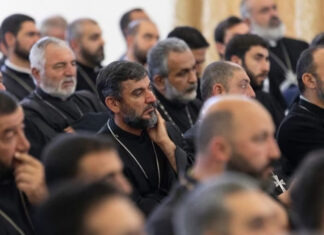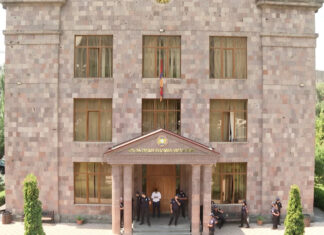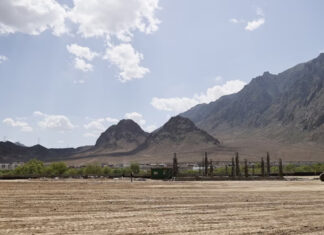The war in Karabakh has caught the attention of major world powers because in an interconnected world, all conflicts are the result of the intersection of the interests of many countries, although they may seem to relate only to a certain localized region. Conversely, all conflicts have far-reaching impact around the world.
For the last thirty years, the Karabakh conflict has resulted in many flare ups between Armenia and Azerbaijan with no conclusive results. In 1994, the parties agreed on a ceasefire, on the basis that the conflict has no military solution and that the parties will not resort to the use of force.
The Organization for Security and Cooperation in Europe (OSCE) Minsk Group, which is co-chaired by the US, Russia and France, has been working for a solution based on that assumption. However, Azerbaijan has broken its agreement more than once; it tried to use force first in April 2016, as well as in July of this year. Every act of aggression was repulsed forcefully, as well as with additional retaliation, to convince the leadership in Baku that violence would not deliver its hoped-for results.
The conflict has also been used by regional and world powers for their own ends. The leadership in Azerbaijan has been encouraged by such developments, adopting a maximalist posture. President Ilham Aliyev has repeatedly said that the only solution is based on the complete surrender of the Armenian side. To this day, he insists that peace will not be established until all Armenians leave Karabakh. That has led Mr. Aliyev further, to the delusion that he might occupy the entire territory of the Republic of Armenia itself.
The current flare-up is the direct result of Turkey’s involvement in the conflict with intentions and plans much greater than Azerbaijan’s goals. Turkey is in the Caucasus to contain the influence of Russia and Iran, a goal very much in synch with the West’s aspirations. But Turkey’s present leader has also a more selfish agenda: to restore the Ottoman Empire and bring the nations formerly within that empire back under its bloody thumb.
Mr. Erdogan’s adventures in Syria and the Eastern Mediterranean thus far have backfired and as a fallback, he is trying his luck in the Caucasus. Today Azerbaijan is a virtual colony of Turkey under the catchphrase “One Nation, Two States.”
